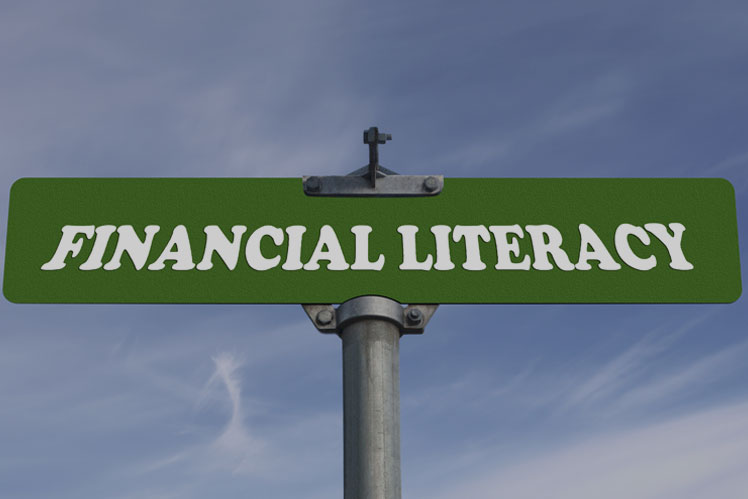Ralph had always worked hard for what he owned. But after watching friends and acquaintances struggle with messy estates, he realized that without a proper plan, everything he’d built could be left in chaos.
Take Vivian, for example. She remarried and decided to save money by using a do-it-yourself will kit. Unfortunately, she overlooked obligations from her late husband’s will. Untangling the mess took years and cost thousands in legal fees. Worse, her heirs had to pay taxes on income they never even saw because her assets were tied up in trust.
Then there was James, a farmer whose land was eventually annexed by a growing town. When he died without a will, it took nearly a decade to settle things—stalling both his estate and the community’s development.
Catherine’s story is another cautionary tale. After a stroke left her incapacitated, she couldn’t sign paperwork to renew the mortgage she co-owned with her husband. No one had legal authority to manage her business, so it shut down.
Roy, a widowed barber, passed away when markets and real estate prices were low. His children were forced to sell assets—including his shop building—at rock-bottom prices just to cover taxes. After fees, they ended up with less than sixty cents on the dollar.
And Helga? Her children spent two days arguing over whether she should be buried or cremated. The dispute caused a rift that still hadn’t healed years later.
Ralph decided he didn’t want to be remembered for problems he left behind. He created a simple estate planning checklist to protect his loved ones:
- Write a proper, up-to-date will – It’s the foundation of every good estate plan.
- Assign a Power of Attorney – Choose someone you trust to handle your affairs if you can’t.
- Have a Living Will or Personal Directive – Make your health-care wishes clear.
- Plan for financial needs – Ensure there’s enough to maintain dependents’ lifestyles, clear debts, and cover taxes and estate costs.
- Document funeral wishes – Don’t leave loved ones guessing or fighting about arrangements.
Ralph also committed to reviewing his plan every few years or whenever his circumstances changed—marriage, divorce, new assets, or the birth of a grandchild.
The takeaway? Estate planning isn’t just for the wealthy or the elderly.
It’s about sparing your family unnecessary stress, delays, and costs during an already difficult time. A little preparation now can protect your legacy and ensure your wishes are respected.
Characters and stories are fictional, created for illustration only.
Need help with your estate planning?
Contact our office
Copyright © 2025 AdvisorNet Communications. All rights reserved. For informational purposes only and is based on the perspectives and opinions of the owners and writers only. The information provided is not intended to provide specific financial advice. Readers are advised to seek professional advice before making any financial decision based on any of the ideas presented in this article. This copyrighted information presented online is not to be copied, or clipped or republished for any reason. The publisher does not guarantee the accuracy and will not be held liable in any way for any error, or omission, or any financial decision.






